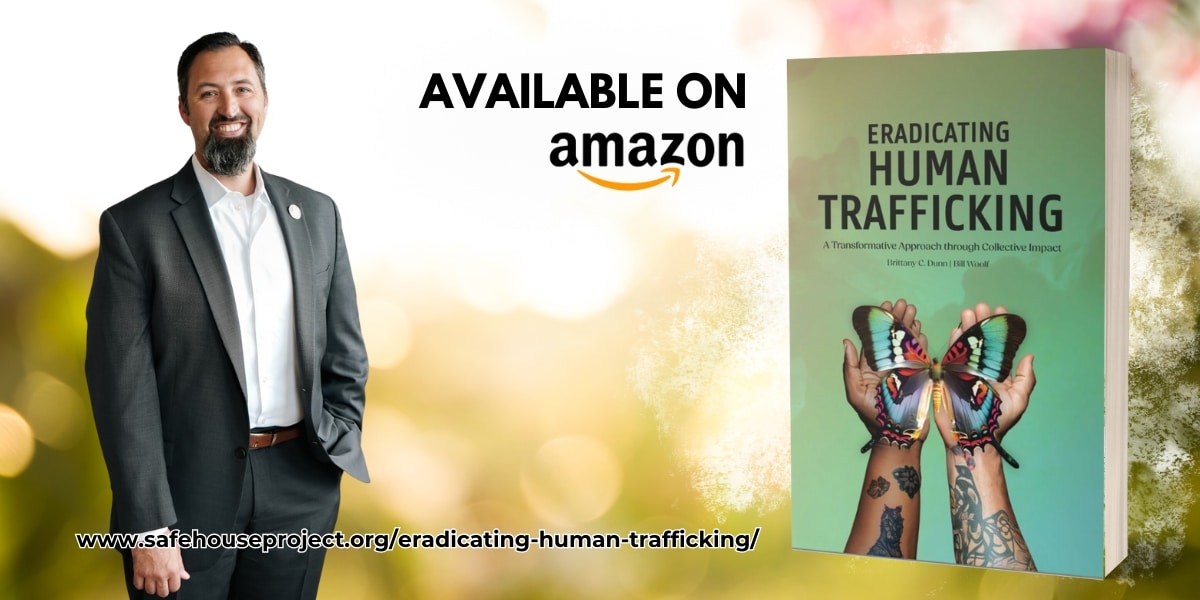The rise of fast fashion over the past two decades has contributed to a culture of disposable clothing, where trends change rapidly and cheaply made garments are worn a few times before being discarded. This model has led to significant environmental consequences, including massive textile waste, water pollution, and excessive carbon emissions. Eco-friendly fashion directly addresses these issues by promoting slower, more thoughtful consumption. The shift away from fast fashion is vital for the environment, and the growing movement toward sustainability is encouraging brands to take responsibility for their impact on the planet.
Collaboration Between Brands and Environmental Organizations
Collaboration between fashion brands and environmental organizations has become increasingly important in the push toward sustainability. Many companies are partnering with NGOs and green certification bodies to ensure their operations meet ethical and environmental standards. Certifications like Global Organic Textile Standard (GOTS) and Fair Trade ensure that brands are not only producing eco-friendly materials but also maintaining responsible business practices. These collaborations not only help companies improve their green credentials but also build trust with consumers who are looking for verifiable sustainability efforts.
The Role of Education and Awareness
Educating consumers about the environmental impact of their clothing choices is essential for the continued growth of eco-friendly fashion. Brands are increasingly transparent about their sustainability efforts, using marketing campaigns and social media to inform shoppers about the benefits of choosing sustainable fashion over fast fashion. Fashion influencers and industry leaders are also playing a pivotal role in spreading awareness, encouraging their followers to adopt more responsible shopping habits. This education is driving a cultural shift where consumers are increasingly valuing sustainability alongside style.
Challenges Facing the Eco-Friendly Fashion Movement
While the push for sustainability in fashion is growing, there are still challenges that need to be addressed. One major hurdle is the higher cost associated with producing eco-friendly garments. Sustainable materials and ethical manufacturing often come with a higher price tag, making it difficult for some consumers to afford. Additionally, large-scale adoption of sustainable practices requires significant investment in infrastructure and supply chains, which can be a barrier for smaller brands. However, as demand for sustainable fashion continues to rise, the hope is that production costs will decrease and more consumers will have access to eco-conscious clothing.
The Long-Term Benefits for the Planet and Economy
The transition to eco-friendly fashion holds long-term benefits not only for the environment but also for the economy. By reducing waste, minimizing pollution, and promoting the use of renewable resources, the fashion industry can contribute to a more sustainable and resilient planet. Moreover, as sustainable fashion becomes the norm, it opens up new business opportunities and drives innovation in materials, manufacturing, and retail. This shift toward sustainability has the potential to create jobs in ethical fashion production and green technologies, leading to a more inclusive and sustainable global economy.
In conclusion, eco-friendly fashion is not just a trend—it’s a necessary evolution in response to the environmental crises we face today. By embracing sustainable practices, both brands and consumers can play a role in reshaping the fashion industry and making a lasting positive impact on the planet.
For more in-depth analysis of the rise of eco-friendly businesses and their influence on the industry, visit bee-bumble.com.
Published by: Khy Talara













